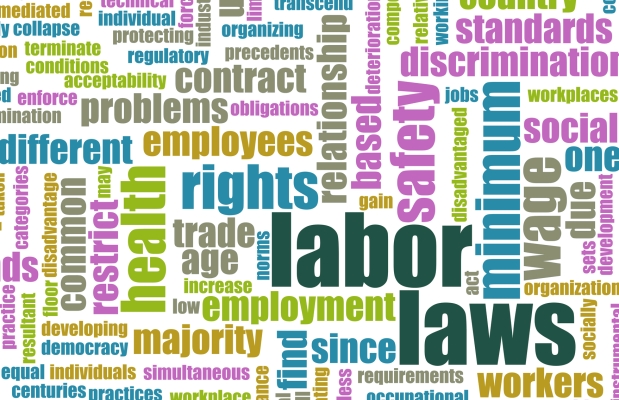I’ve always wondered how teacher pay scales started and were implemented. I understood that with a teacher’s union contract it is all laid out in the contract. But in states where there is no official union and it is a right to work state, I’ve often wondered how teacher pay scales got involved.
As it turns out, these teacher pay scales have usually been entered as a law through the state legislature and the contract process is somewhat unnecessary. Here in GA teachers are paid by number of years on the job and educational level of attainment. That’s all. This generally creates an uneven balance where veteran teachers are making a lot of money while newer teachers are making much less. Quality of teaching has nothing to do with the pay.
Under the current system, in place for decades, teachers are paid based on their years on the job and their education level. Their salaries rise according to a fixed state schedule that specifies minimum pay, though some districts pay above that.
Deal wants to free up money so teachers can be paid more if they perform better or if they are teaching subjects — science, math — in which there is high demand for their talents.
But Deal also doesn’t want a formula that costs more, and the money for high performers would have to come from somewhere, like lower-performing teachers.
It sounds like the process will be a slow one IF implemented at all, because the new salaries are only effective to new teachers and those who opt into this system.
Some suggest that it may not help with recruitment and retention, if the teachers feel the system isn’t working on their behalf. But the Governor wants us to be able to take some of the money from an ineffective tenured teacher and provide it to a newer teacher who is performing at the proficient and exemplary stage.
This new proposal is only in the incubation stage and far from being enacted into policy. It would have to win approval of the General Assembly, and before that it would have to emerge as a formal recommendation from Deal’s Education Reform Commission.
Charles Knapp, who chairs both the full commission and the funding subcommittee, was careful to describe the subcommittee’s support for this proposal as only a “preliminary consensus.”
Next, officials will calculate the effect on each district, which could alter the debate. Also important is the reaction of teachers, whom Georgia is working to recruit and retain. (One of the commission’s other subcommittee’s is tasked with figuring out how to do that better.) Hames and other officials have said current teachers will be grandfathered under the current pay structure if they choose, but they acknowledge the state can’t make an ironclad promise.
While this is not perfect, and is nowhere near ready to be implemented, I think it is a good conversation to have. We need to have more incentives and opportunities for newer teachers who may be as good or better than some of our veteran teachers. I have seen plenty of veteran teachers who aren’t effective in today’s environment and we need the tools to make appropriate adjustments.
This shouldn’t be seen as an “attack” on teachers – it’s about making sure ALL of our kids have an effective teacher. Our public schools are not an employment agency, we need to make sure our kids receive a high quality education. They need to be able to grow into productive members of society, because right now too many are not.










